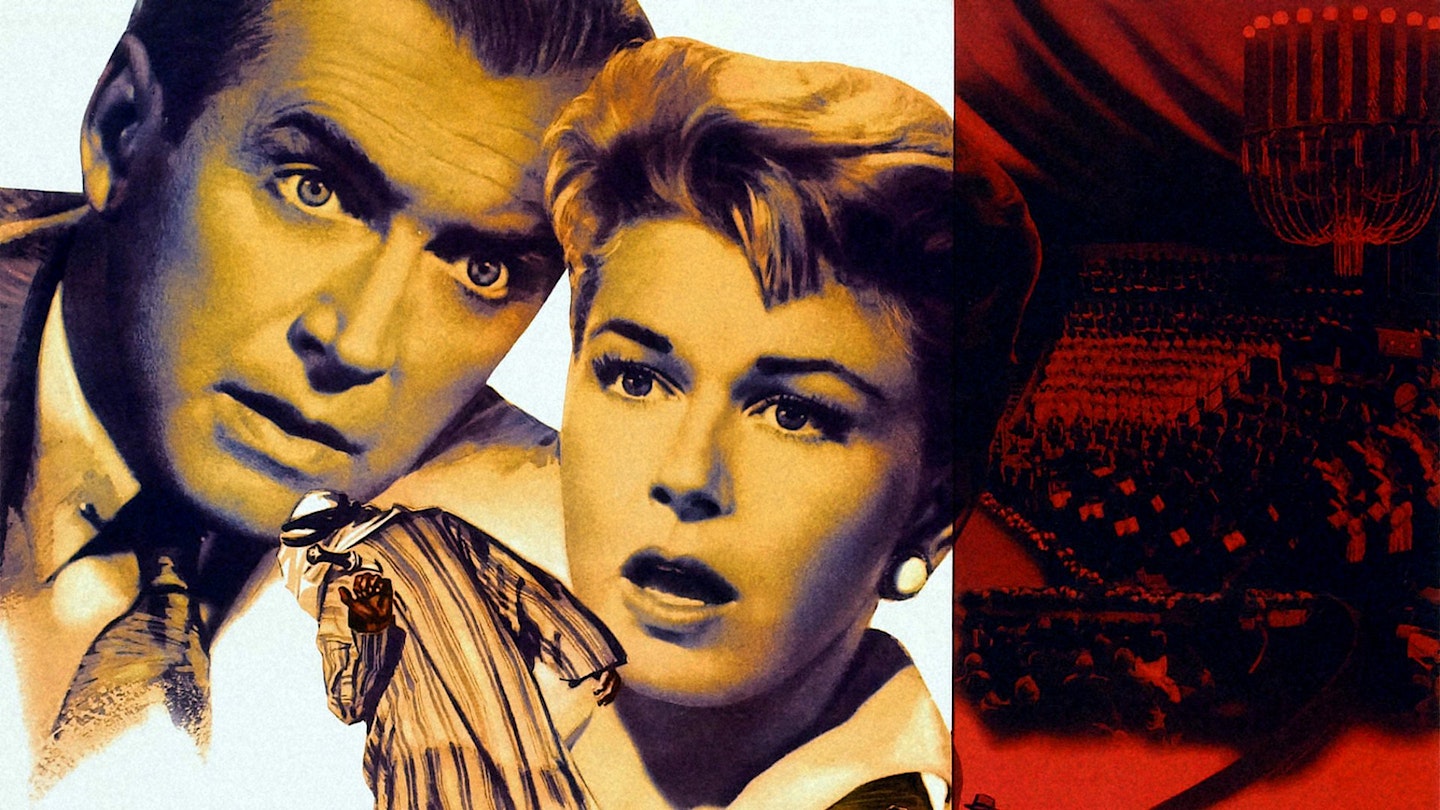Let's say the first version is the work of a talented amateur and the second was made by a professional. Many have questioned the veracity of Alfred Hitchcock's throwaway line to Francois Truffaut about the relative merits of his 1934 British version of The Man Who Knew Too Much and its 1956 Hollywood remake. But whether the monochrome original or the Technicolour follow-up is superior is one of those debates whose very futility makes it all the more keenly argued. Suffice to say both survive cavernous holes in the plot and make expert use of their differing locations. But whereas one has Peter Lorre as a shifty spy, the other has Doris Day warbling the Oscar-winning ditty Que Sera Sera.
Inspired by the 1911 Sidney Street Siege and, to a lesser degree, the Lindbergh baby killing, this was Hitchcock's return to suspense after his disastrous Terpsichorean diversion, Waltzes From Vienna. Rarely again would he stray from the realm of macguffins, wronged innocents and delicious sleights of hand of which he eventually became the undisputed king.
Bob Lawrence (Banks) and his crackshot wife, Jill (Best) are holidaying in Switzerland when their French friend, Louis Bernard (Frensay) is gunned down, warning them, with his dying breath, of an imminent diplomatic assasination. In order to ensure the couple's silence, the conspirators kidnap their daughter (Nova Pilbeam). However, Abbot (Lorre) and his comrades have fatally underestimated British pluck.
Leaving this superbly structured thriller with grisly humour, Hitchcock litters the action with cues to heighten the tension of the climatic sequences at the Royal Albert Hall and on the rooftops of an East End side street. He's abetted by a spirited cast, with Lorre (who was making his English-language debut) outstanding, whether delighting in his villainy or breaking down on the death of his accomplice (Cicely Oates).
